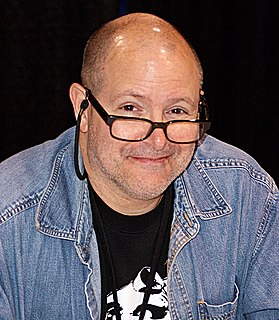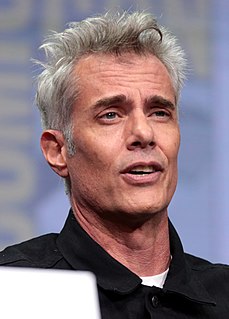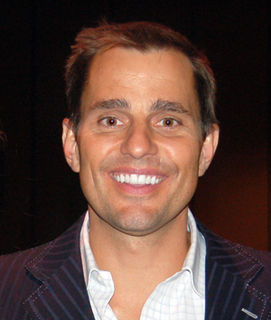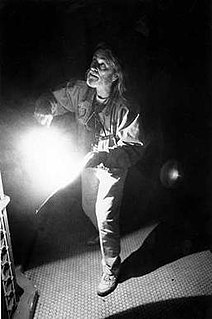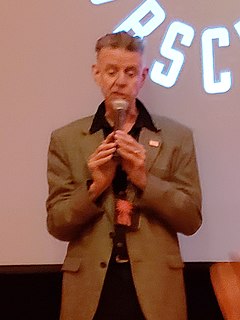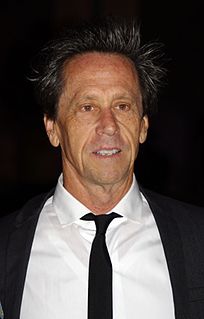A Quote by Brie Larson
I love mythology and folklore, and I respect the time, money, and opportunity that a film gives to an audience. It's a chance to empathize, reflect, and learn, so I really want to understand before I sign onto a project: 'What's the potential of this thing? What are we seeing and learning? What are we empathizing to?'
Related Quotes
I look at all of world mythology and folklore as my toy to play with. There are just so many characters and creatures there I want to put on paper. It's a really exciting thing for me to take material that I really love and put a new coat of paint on it and present it to this audience. And I don't have to make up any of the characters. I can just pull a book of mythology off the shelf and say, "I'll use this guy." I also hate making up names for fantasy characters. I'll just flip through these books and say, "Wow, this is way crazier than anything I could make up".
I can understand that an audience, buying a ticket to see a picture of mine, wants to see something funny because they feel confident that at least I have a fighting chance to make a funny film when I make a film, whereas if I make a dramatic film there's one chance in a thousand that it's really going to come out great, so I understand how they feel about that and they're completely right.
Films are subjective - what you like, what you don't like. But the thing for me that is absolutely unifying is the idea that every time I go to the cinema and pay my money and sit down and watch a film go up on-screen, I want to feel that the people who made that film think it's the best movie in the world, that they poured everything into it and they really love it. Whether or not I agree with what they've done, I want that effort there - I want that sincerity. And when you don't feel it, that's the only time I feel like I'm wasting my time at the movies.
Movies take a lot of time to make, so when I sign onto a project, I ask, do I want to dedicate a lot of time to this world? And more so, I look at what I need for me. Do I want to make a comedy? Do I want to make a drama? What do I need? Am I in the right headspace to do this role? And then politics come into consideration, too.
Before writing a single note of music, and even before the spotting session, I find it best to sit down with the director and just listen to him or her talk about the film - what they're trying to say, what they want the audience to understand or believe, and a thousand other similar questions. The director has most likely been living with the film for years before a composer is attached, and so the director's inclinations, desires, and understanding of the film are paramount.
I get an opportunity to communicate with the audience about the movie that I've made. I get the chance to bring attention to the film that I've made. I care a lot about the movies that I make. I want them to reach an audience, and I want them to be successful. I promote nearly everything that I do, unless I've got some bad taste in my mouth.
I like learning stuff. The more information you can get about a person or a subject, the more you can pour into a potential project. I made a decision to do different things. I want to do things that have a better chance of being thought of as original. I do everything I can to disrupt my comfort zone.
The question "Is this an act of self-love or is it an act of self-sabotage?" is
one you must consistently ask yourself if you are committed to having all
that you want and all that you deserve. When you love yourself you feel
worthy and deserving of claiming the gifts of this world. Self-love gives you
peace of mind and balance. Self-love gives you self-respect and the ability
to respect others. It gives you the confidence to stand up and ask for what
you want. Self-love is the main ingredient in a successful, fulfilled life.

